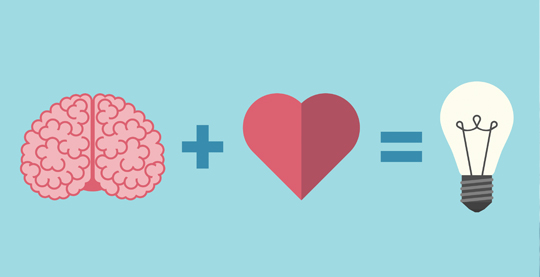Emotional Intelligence – What is it and its value?

Emotional intelligence (EI) forms the juncture at which cognition and emotion meet. It facilitates our capacity for resilience, motivation, empathy, reasoning, stress management, communication, and our ability to read and navigate a plethora of social situations and conflicts.
Emotional intelligence is commonly defined by four attributes:
- Self-management – You are able to control impulsive feelings and behaviors, manage your emotions in healthy ways, take initiative, follow through on commitments, and adapt to changing circumstances.
- Self-awareness – You recognize your own emotions and how they affect your thoughts and behavior. You know your strengths and weaknesses and have self-confidence.
- Social awareness – You have empathy. You can understand the emotions, needs, and concerns of other people, pick up on emotional cues, feel comfortable socially, and recognize the power dynamics in a group or organization.
- Relationship management – You know how to develop and maintain good relationships, communicate clearly, inspire and influence others, work well in a team, and manage conflict.
As the workplace continues to shift and change, emotional intelligence continues to grow in its importance to employees and teams of all kinds. We must remember to be vulnerable, honest, compassionate, and kind to those around us. Emotional intelligence allows each one of us to relate and sympathize with one another in our everyday interactions.
Unsure of what kind of leader you are? Becoming self-aware is a great asset to understanding ourselves and how we communicate with others. One exercise is to spend a few minutes each morning writing down your thoughts before starting the workday. Practice tuning into your feelings. Are you feeling anxious, worried, or angry? Then, do this again at the end of the day and compare your feelings. Assess your positive attributes and the areas you can improve upon. As you become more aware of your emotional intelligence, you may find that you are a better leader and team member.
-Dina Barabash, NASBA Content Development & Web Specialist
